Olga Sanchez Saltveit is the artistic director emerita for Milagro Theatre, the Pacific Northwest’s premier Latinx arts and culture organization, following her service as the company’s artistic director from 2003 until 2015. She is now also assistant professor of theatre at Middlebury College. Shayna Schlosberg is the equity leader at Oregon Public Broadcasting and moved to Portland, Oregon last summer after many years in Houston, Texas. These two leaders have spent their careers in service of the Latinx community. In this first part of their two-part conversation, they speak about their differing experiences living and working in the Pacific Northwest, how they came to their work, and the experiences that are still with them today.
Olga Sanchez Saltveit: Was there a moment when you knew this is the field you wanted to be in?
Shayna Schlosberg: My mom is a Mexican folkloric dancer. The arts were a big part of my childhood. It became a space for me to feel seen. I'm half Mexican, half white Jewish, so I don't fit in a lot of spaces. I couldn't name what I was experiencing as a kid, but in hindsight it was a lack of belonging. Theatre really became a community where I found freedom of expression. That was what drove me into a career in theatre, wanting to stay connected to that kind of community.
Olga: I loved being on stage and I loved the theatre. My family didn't go to the theatre. We didn't go to see dance or go to the museum. My parents were immigrants, so that wasn’t the kind of thing that they did in the United States. In elementary school, the best thing that could happen for me was the school play. It didn't matter if I was in it. I just was like, "When is the play?" I remember in the second grade I was playing this cat, and my tail fell off. My teacher was so happy that I kept going. It just kind of made me feel like, "Oh, my instincts were right." It was the best thing in the world. The theatre program was canceled in high school, so my friends and I decided to put on a play anyway: Waiting for Godot.
Shayna: Oh my God.
Some people make shoes and some people bake bread and some people make theatre. I consider it a necessary part of society.
Olga: Yeah, right? When I went to college, I thought, "I speak Spanish at home, and I'm studying French, so I'll go into languages because that makes sense.” But I took an acting class and went, "Oh no, this is what I want to do with my life." I remember telling my dad I wanted to major in theatre. He said, "How are you going to make a living?” I said, "I don't know, but I know it's done. I know that people do it, so I'll just try to figure it out."
In New York, I started a theatre company with friends. A friend of ours was working for a real estate person, and they had access to a building that was one of those $1 a year rents because it was basically gutted. So we went in and took down bricks and made a theatre. It was a hot and gritty summer. As I was doing that work, I thought, I’m not into theatre because of the applause. It needs to be about service. I continue to frame it as, some people make shoes and some people bake bread and some people make theatre. I consider it a necessary part of society.
Shayna: Absolutely. That resonates with me.
Olga: I think theatre is a calling because it's not a guarantee of any kind of wealth or fame or anything except maybe some happiness.
How did you begin to focus on Latine theatre?
Shayna: My mom pushed me to be aware of the heavy hitting Latin American writers. If there were ever opportunities to engage with Latine theatre, I was there. I sought opportunities out, even though they were few and far between. I became more focused after I moved into an administrative and producing role in my career. I was working for the large regional theatre in Houston, Texas, which at the time didn't have an adequate amount of programming to serve the Latine audience there. When I was hired in a general management position, I made it clear that this is work that I was interested in doing, something that I saw was missing from the theatre. The managing director was on board with that. In some ways it was great because I was a young emerging administrator and general manager, but it was a bit of a double-edged sword because I found myself doing two or three jobs. Because I cared, right?
I was one of the few there paying attention to this community. I learned a lot about community engagement and building programs for audiences that haven't felt welcome in predominantly white theatres. But it was a lot of hard work and a lot of tough lessons learned.

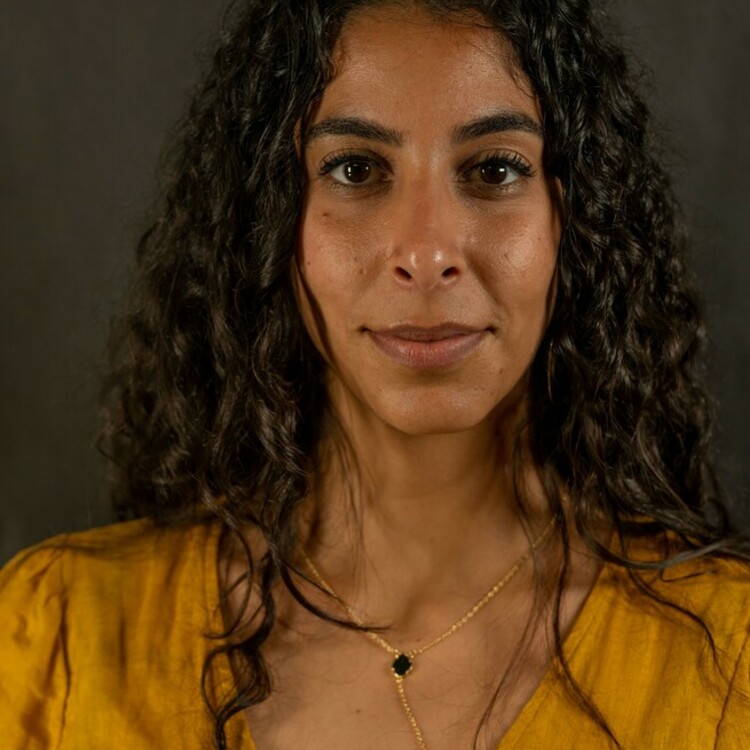
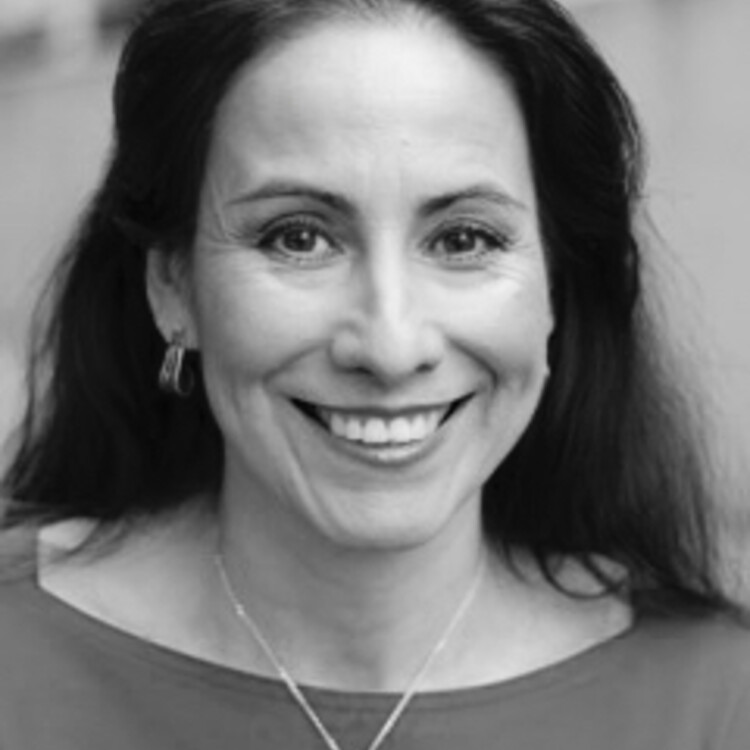
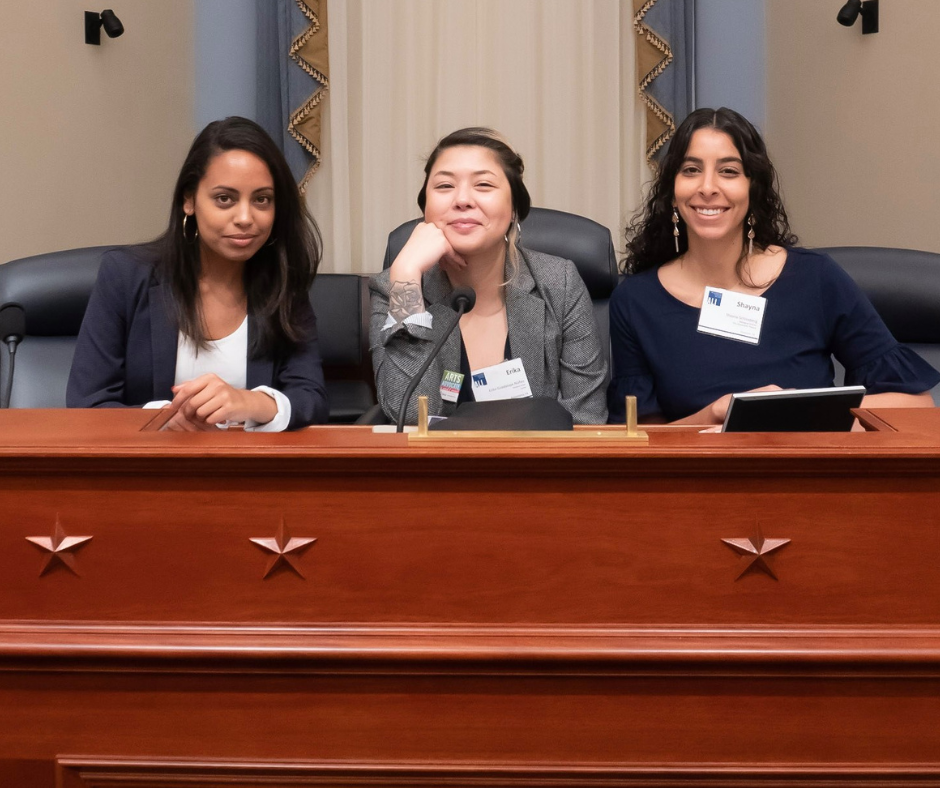
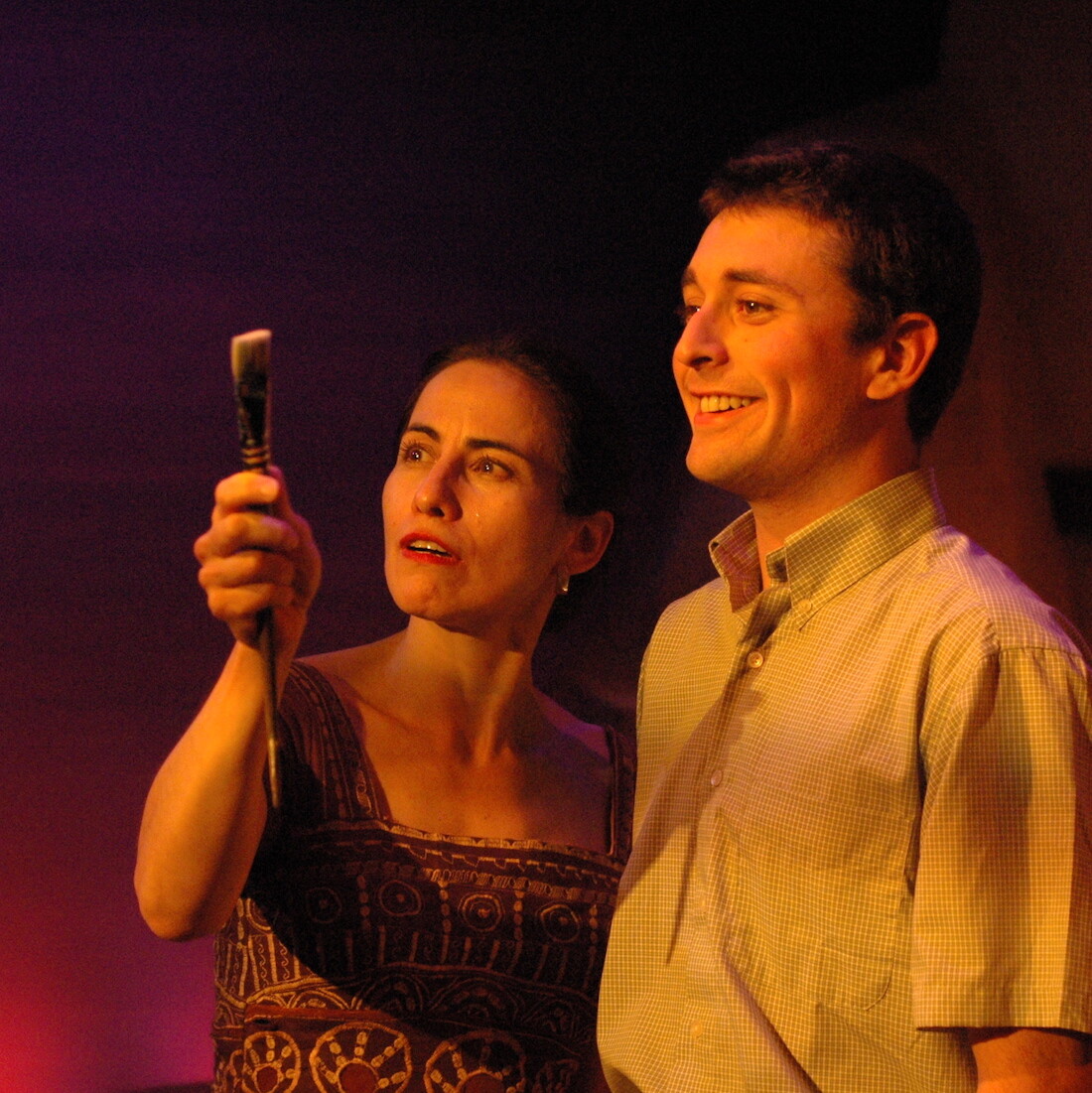
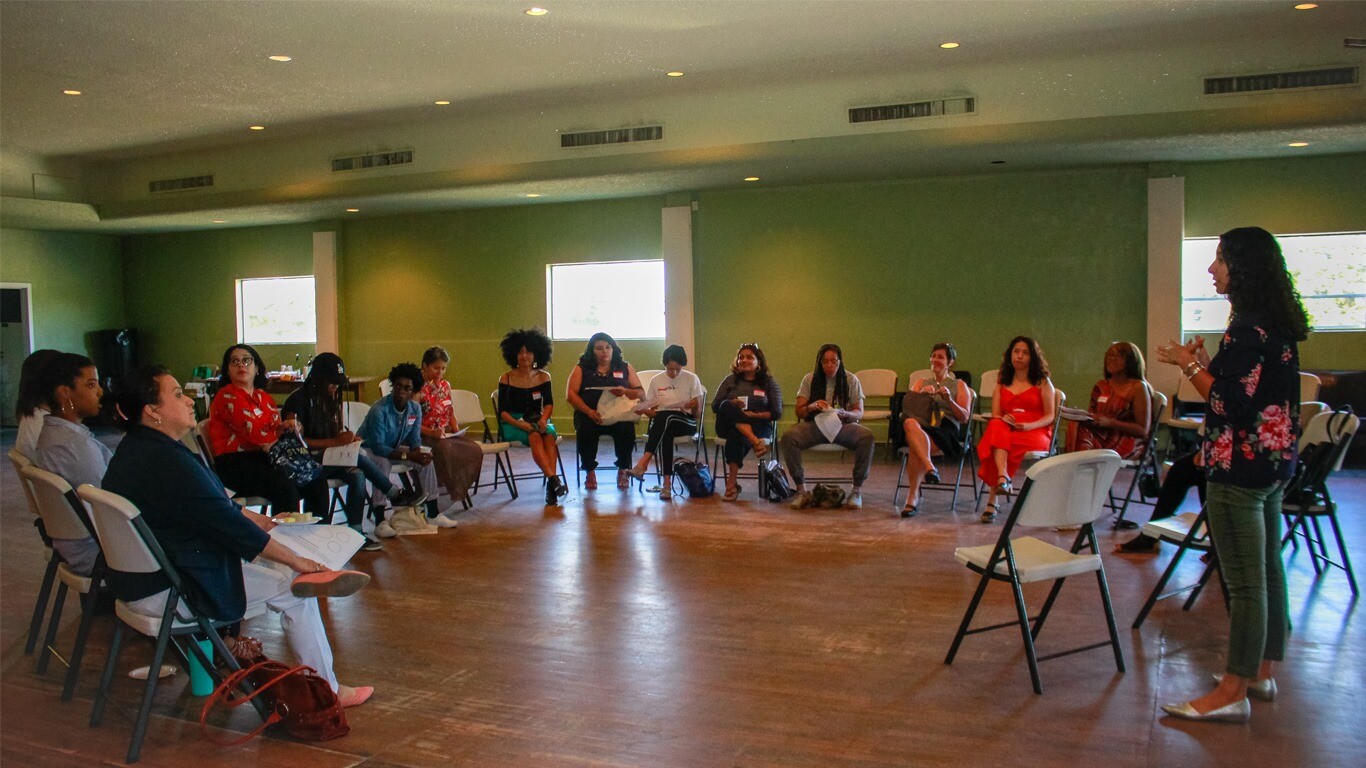
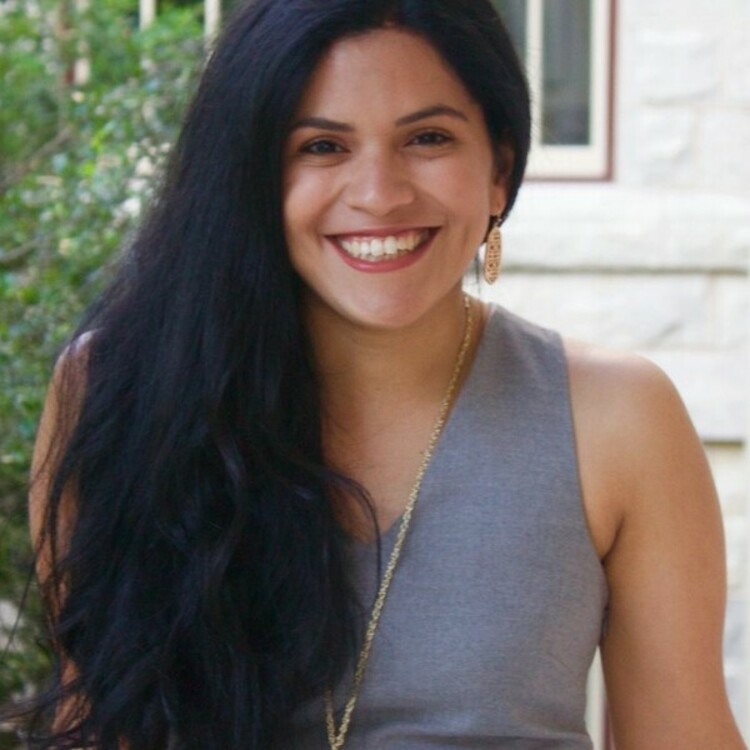
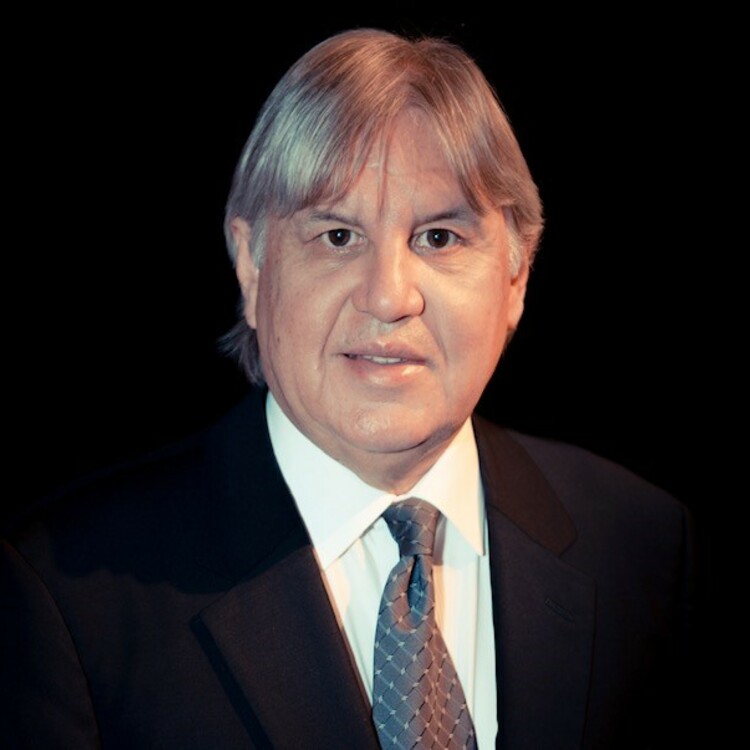
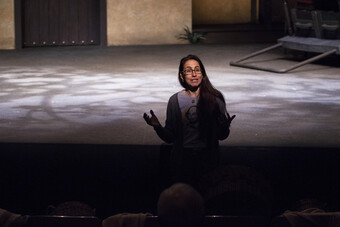


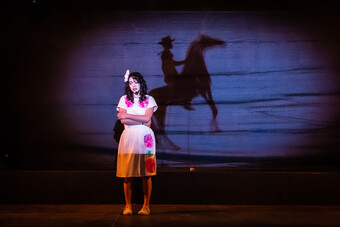


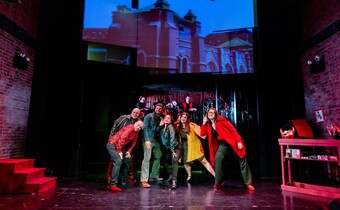


Comments
The article is just the start of the conversation—we want to know what you think about this subject, too! HowlRound is a space for knowledge-sharing, and we welcome spirited, thoughtful, and on-topic dialogue. Find our full comments policy here